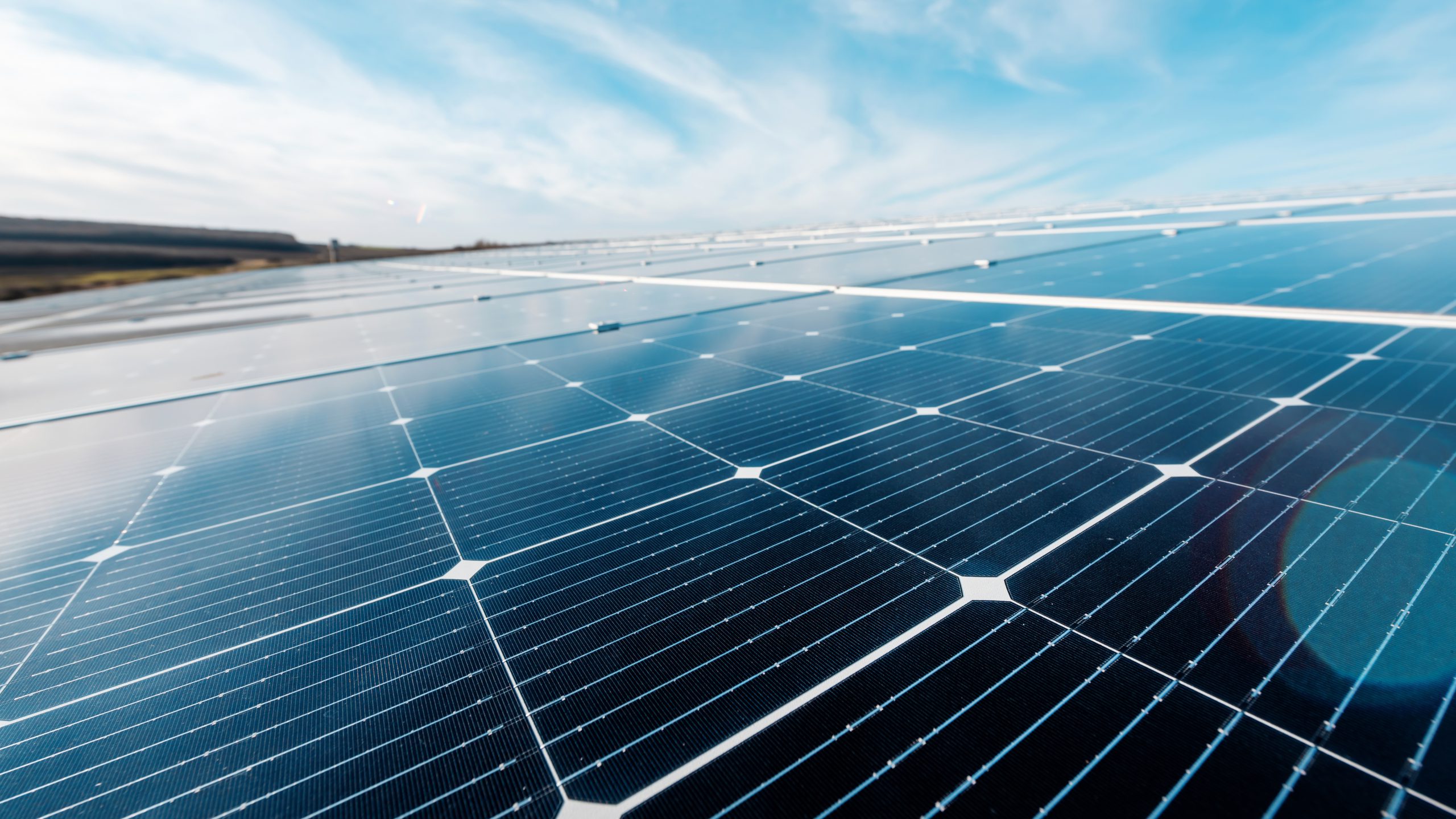Published on 08/10/25
The Hidden Risks of Solar Power: What Businesses Should Consider
You know what they say, "Nothing in life is free, except solar ene…

There are several factors to consider when choosing solar panels, and avoiding certain types can save you from poor performance, premature failure, and a lower return on investment. In this article, we'll list the main types of solar panels that you should avoid. But first:
Get cost breakdown, full list of solar panels, and more
Read now
Here are some types of solar panels you should generally avoid:
Efficiency is the measure of how much sunlight a solar panel can convert into usable electricity. Panels with efficiency ratings below 17% are considered low-efficiency by today's standards. While they may be cheaper upfront, you'll need more of them to generate the same amount of power as higher-efficiency panels, taking up more roof space and potentially costing you more in the long run.
Unless you are an expert and can verify the condition, it's best to avoid buying used or refurbished solar panels. Panels degrade over time, and a used panel may have significantly reduced performance or hidden defects that could lead to early failure. The warranty is often void, leaving you with no recourse if the panel stops working.
The solar market is flooded with panels from manufacturers that lack a proven track record. These companies may offer panels at very low prices, but they often come with unreliable warranties and poor quality control. If the company goes out of business, your 25-year product warranty becomes worthless. Stick to reputable brands that have been in the industry for a long time.
A solar panel's performance decreases as its temperature rises. The temperature coefficient indicates how much a panel's efficiency drops for every degree Celsius it heats up above 25°C. A good quality panel will have a temperature coefficient of -0.38%/°C or better. Panels with a less favorable (closer to zero) temperature coefficient will perform poorly in Nigeria's high temperatures, leading to lower power output on hot, sunny days.
A standard solar panel warranty includes a product warranty (10-15 years) and a performance warranty (25-30 years). The performance warranty guarantees that the panel will still produce a certain percentage of its original output after a set number of years (e.g., 80% after 25 years). Avoid panels with a short product warranty (less than 10 years) or a vague performance warranty. A strong warranty is a sign of a manufacturer's confidence in their product.
Ensure the panels you are considering are certified by relevant international and local standards bodies. Certifications from organizations like the IEC (International Electrotechnical Commission) ensure the panels have been tested for safety, durability, and performance. Panels that lack these certifications may not be designed to withstand the climate conditions in Nigeria, leaving them vulnerable to damage from high temperatures, humidity, or heavy rain.
Read this article to learn about the best solar panel brands, prices, maintenance, and everything in-between
Read now









